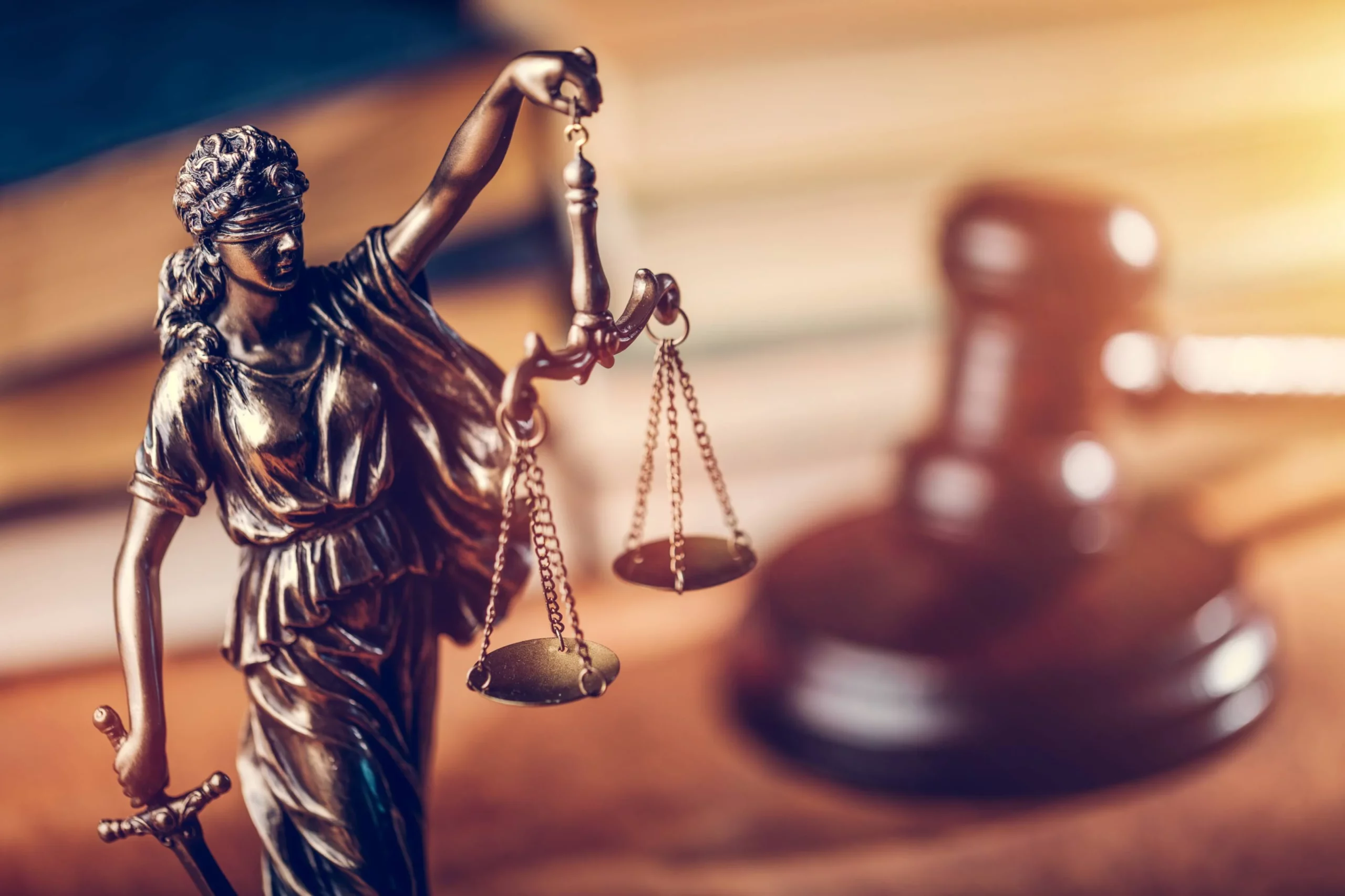
This article was originally posted on https://calbizjournal.com
On September 21, 2022, President Biden said in an interview that the COVID-19 pandemic was over. While some medical experts disagree, almost everyone can agree that the world is seemingly out of the woods regarding the pandemic, and most economies, including the US, are on their way to rebuilding what the pandemic destroyed.
COVID-19 was uncharted waters that brought many unprecedented challenges. Even as the legislature had been tirelessly creating laws to limit liability for medical professionals and vaccine manufacturers due to the pandemic, businesses were not among the entities that benefited from the immunities resulting in a surge in COVID-19-related litigation.
Litigations Faced By Businesses
Unlawful Termination Lawsuits
The pandemic hit the business sector the hardest, with many businesses closing shop for months or over a year. Closing down also meant laying off employees.
While laying off workers was inevitable, given the prevailing conditions, there were situations where laying off violated employees’ rights. As a result, there is a surge in litigations for employees seeking legal redress for unlawful lying-offs.
If an employee was under a contract, the contract stipulates the conditions for laying off. It’s implausible that any employer foresaw an event that could bring the economy to a standstill. So, there probably weren’t contracts that had a pandemic as a reason to terminate a contract.
Such companies can only hope that the courts will make a fair judgment, or they run the risk of going under if forced to compensate their employees for work not done.
Personal Injury Cases
Some businesses in the essential services category, such as supermarkets, grocery stores, food processing, gas stations, etc., were still operational during the pandemic. Under tort law, employers are liable for injuries and illnesses suffered as a direct result of the job an employee does.
Many businesses operating during the pandemic face lawsuits from employees for exposure to COVID-19 while working. While it may be challenging to prove work-related COVID-19 exposure, working with a skilled lawyer can make it easier for you to prove negligence.
ADVERTISEMENT
If you feel like your employer’s negligence contributed directly to you or someone close to you contacting the pandemic, you will want to reach out to a law firm with experience in similar cases, such as The Fran Haasch Law Group, to establish if your case is valid.
The good news is that you may not need to pay for an evaluation, as most seasoned law firms work on a contingency fee basis.
How the Upsurge Is Impacting New Business
Liability claims can be detrimental to businesses, whether big or small. But it is the small businesses that bear the brunt of litigation. And the litigation isn’t from employees alone. Even customers can sue for COVID-related damages.
The cruise ship industry, which may not necessarily fall under small businesses, is one example where companies have been faced with lawsuits from customers for exposure to the virus.
Nursing homes have also had a good share of COVID-19 litigation. COVID-19 is especially hard on older adults, which resulted in many residents of elderly adult homes succumbing to the effects of the virus.
Hope for Businesses
Even as there is an upsurge of COVID-19 litigation, the courts have been seen to rule in favor of businesses. In May of 2021, a federal court in Missouri dismissed a lawsuit against a meat processing company for failing to provide a safe work environment for workers.
When ruling on the case, the US District Court Federal Judge Greg Kays said the company had altered its processes to make its environment safer. He also noted that the terms used by the claimants “potentially contracting COVID-19” was too speculative to qualify as a personal injury.
Other US court district judges have made similar rulings on different cases bringing some hope for small business owners who would have otherwise gone under if forced to pay damages.
